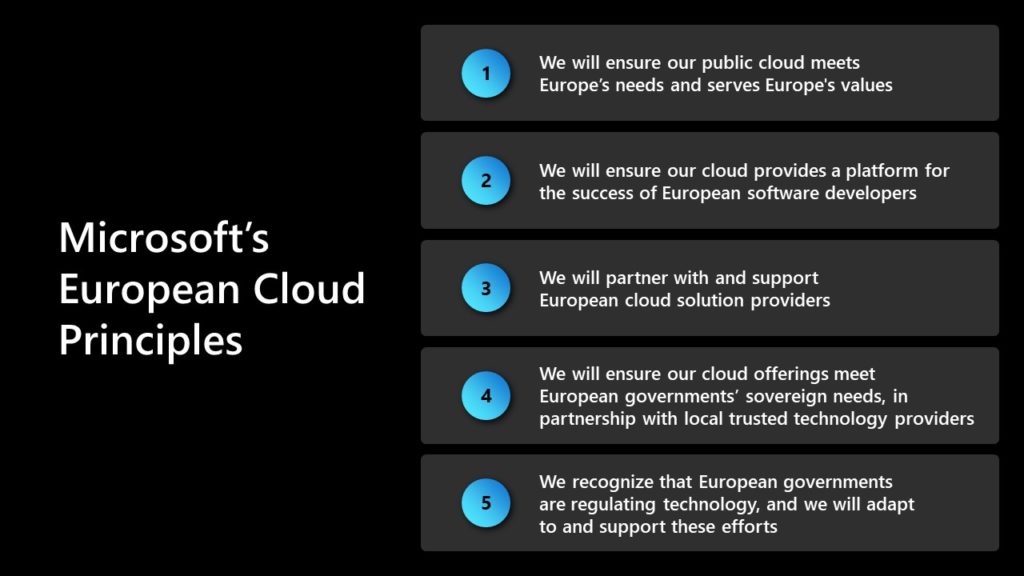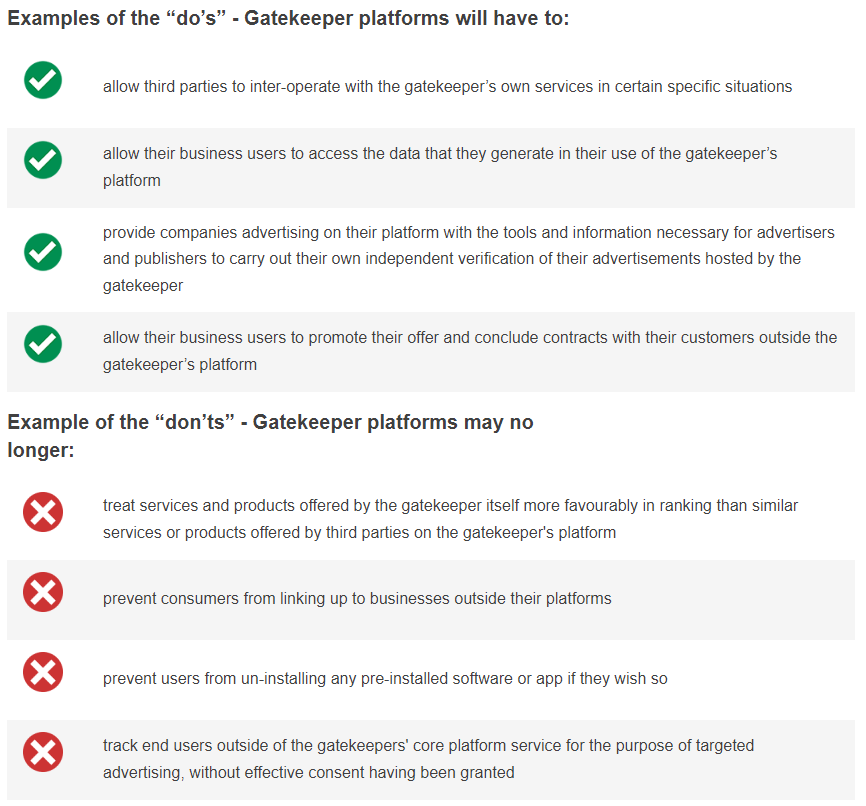Microsoft makes big changes to licensing policies for European Cloud Providers
Microsoft have announced a range of changes to their European cloud licensing policies, aimed at reducing some of the heat they’ve been receiving from European cloud providers and industry bodies.
Some of the licensing changes are pretty impactful but Brad Smith, Microsoft President and Vice-Chair, said these steps will “turn a long list of issues into a shorter list of issues” – so this is definitely one to watch.
Background
Microsoft have been under fire from various angles due to their licensing rules which restrict which products can be used within 3rd-party datacentres… particularly when compared to Microsoft Azure. It recently came to light that OVHCloud lodged a complaint with the European Commission in 2021 and many of the “Fair Software Licensing Principles” were seen to be aimed at Microsoft too.
What’s changing for Microsoft Cloud Providers?
Microsoft have announced a range of changes – including some pretty significant licensing shifts – for European Cloud Providers and they include:
Expanded membership of the Microsoft CSP program
This, along with the formation of a new team within Microsoft focused on European Cloud Providers, will enable more opportunities for cloud providers and, one would hope, for the organizations using them too.
Cloud providers will be able to host additional products
These will include Windows 11 and Microsoft 365 Apps for Business/Enterprise – enabling complete hosted desktop offerings – via both customer BYOL and service provider licensing. This is a first from Microsoft and, for some organizations, could be quite a game changer.
Longer term fixed pricing
This will give cloud providers, and their customers, more stability around price – removing that volatility will allow the cloud providers to compete against on-premises in more areas.
Software Assurance
Microsoft are adding “license mobility” rights to Software Assurance for Windows Server, Windows desktop, and Office licenses – allowing them to be used on both shared and dedicated hardware from European Cloud Providers.
Windows Server licensing
Windows Server is licensed based on the number of physical CPUs and cores in a server and that grants rights to run virtual machines – either a certain number (Standard) or unlimited (Datacenter) depending on your Windows Server edition.
Microsoft are introducing the option to purchase Windows Server just for the virtual capacity required, without reference to the physical hardware. Whether this will be available worldwide or just in Europe, and whether it will only be an option within 3rd-party datacentres, remains to be seen.
Based on the Microsoft announcement, it’s seems that the focus on “European Cloud Providers” needs more detail to address questions such as:
- Is this simply any cloud provider (other than “Listed Providers”) based in a European country, or will they have to hold certain accreditations?
- Can it be a sub-office, or must the HQ be in Europe?
- Can non-European customers take advantage of these relaxed rules by using a European hosting provider?
However, a Microsoft spokesperson has confirmed the changes to CSP access and Software Assurance rules will apply globally:
“While yesterday’s announcement is focused on Europe, the changes to the programs are global”
Although I’ll certainly be checking the updated Product Terms etc. for specifics.
Introduction of Microsoft’s “European Cloud Principles”
As part of the announcement, Microsoft introduced their new “European Cloud Principles”:

Brad Smith says these new values will “guide all aspects of our cloud business, enhance transparency for the public, and help us to better support Europe’s technology needs”.
I’m sure these changes are, at least in part, made to bring Microsoft more in line with the upcoming EU Digital Markets Act which takes aim at “gatekeepers” and includes a set of “dos” and “don’ts”:

The announcement does also make a point of saying these changes aren’t simply to address the recent issues but to foster a more strategic relationship with European Cloud Providers. I think this is, to some degree, Microsoft saying they don’t want to fight for every last cloud Euro but would rather make sure that customers are using as many Microsoft products and services as possible – regardless of the underlying platform. Similar, in spirit, to how they enabled Office across the Apple and Android devices several years ago…although we won’t see a Windows Mobile-esque capitulation!
Microsoft may also have decided that having the various European cloud providers on-side will give them more leverage in the fight against Amazon Web Services (and other Listed Providers). This change may cause some customers to look less favourably on AWS as a destination and, even if it doesn’t take them to Azure, it will still be seen as a win in Redmond.
Finally, these changes add yet another wrinkle to the layers of Microsoft licensing. Although some of these changes may apply globally, it’s possible others may be restricted to Europe. If that is the case, it’s one more thing for everyone to consider when dealing with licensing. Even if all changes are global, it adds further considerations for organisations when choosing which licensing agreement is the best option for them.
Further Reading
About Rich Gibbons
A Northerner renowned for his shirts, Rich is a big Hip-Hop head, and loves travel, football in general (specifically MUFC), baseball, Marvel, and reading as many books as possible. Finding ways to combine all of these with ITAM & software licensing is always fun!
Connect with Rich on Twitter or LinkedIn.
